YouTube Music is great, but it isn't popular
For all that YouTube Music has going for it, the service doesn't seem to be the popular choice.
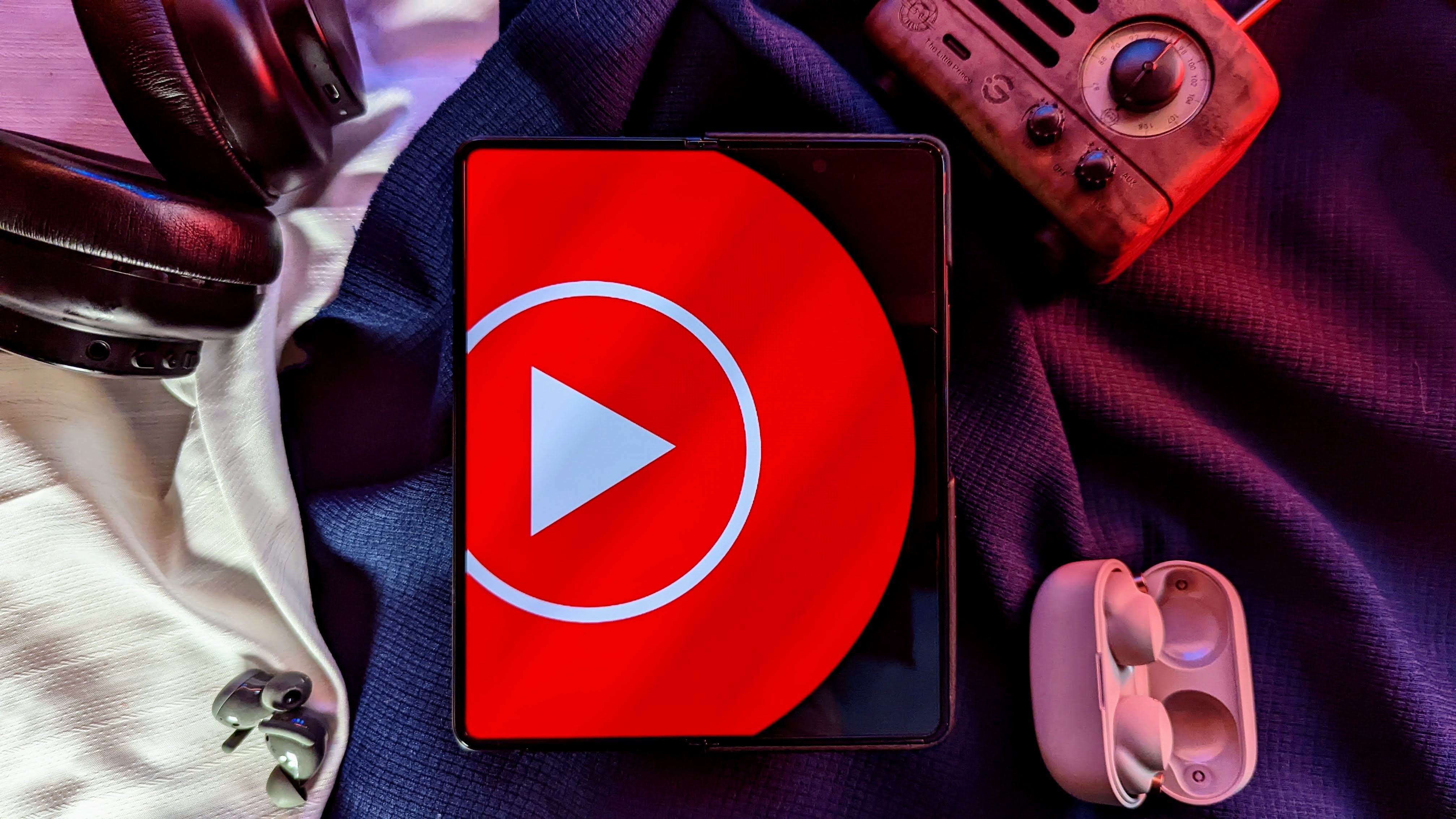
Like many others, music is an essential part of my life. It has been a common thread and a medium of expression that I have counted on for various moments throughout my life. When it comes to streaming music, my service of choice is YouTube Music, and before that, it was Google Play Music. While it does have its faults, YouTube Music has some very excellent qualities, and yet for some reason, it's still not as popular as other services.
I say it isn't as popular, but in a recent poll, Android Central readers said that YouTube Music was the preferred streaming service over Spotify by nearly double. But, overall, both by worldwide numbers and personal experience, YouTube Music still has work to do in gaining traction with music lovers.
YouTube Music has seen a lot of improvements over the last couple of years, but it's still lagging in popularity.
When I asked Harmeet Singh Walia, a Senior Analyst at Counterpoint Research, what the number of active users was for YouTube Music, he told me, "YouTube Music is one of the fastest-growing subscription-based music streaming platforms globally. It grew at ~85% year over year to almost double its paid subscribers in 2021. Spotify dominated the industry with a 32% market share, an increase of ~108 million from 2020, whereas YouTube music added around ~86 million new paid users to its platform."
Hearing that the platform is seeing gains is great, and hopefully, it means that Google will continue to improve what the service offers in terms of content and features. While YouTube Music has been my go-to service since the fall of Google Play Music, it doesn't mean it has been the only place I have gone to for my music. Spotify is massively popular, so I've checked it out both as a paid service and a free option. I've done the same with Amazon Music and Tidal. But I can't get away from YouTube Music, and I don't really want to.
YouTube Music offers some distinctive features
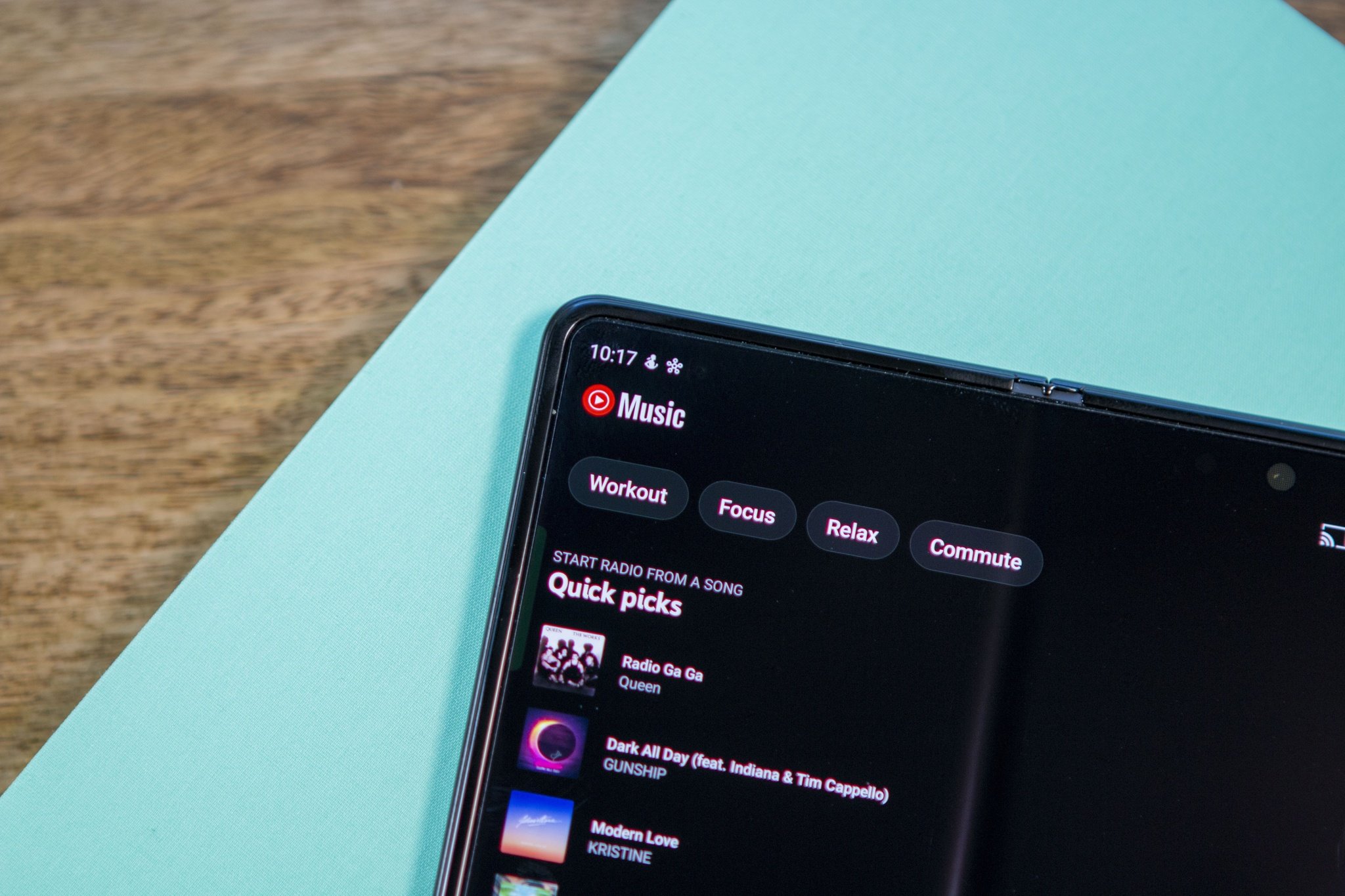
A few things draw me to the service, one of the main reasons being the ability to upload my music to it. This is a carry-over feature from Google Play Music, where someone could upload up to 20,000 songs to their library. There is so much music out in the world, and not all of it is available through streaming services. Adding music I like from a local band into my online playlists is wonderful.
Spotify allows artists to upload their own music to play, but they have to get distributors involved to make it available to everyone. The service also allows users to play local files, but adding local files, whether from a PC or mobile device to your library, is a big win for YouTube Music. This feature may not seem like that big of a deal to some but for others who love discovering new music and local talent, it's a significant check in Google's service when deciding between Spotify or YouTube Music.
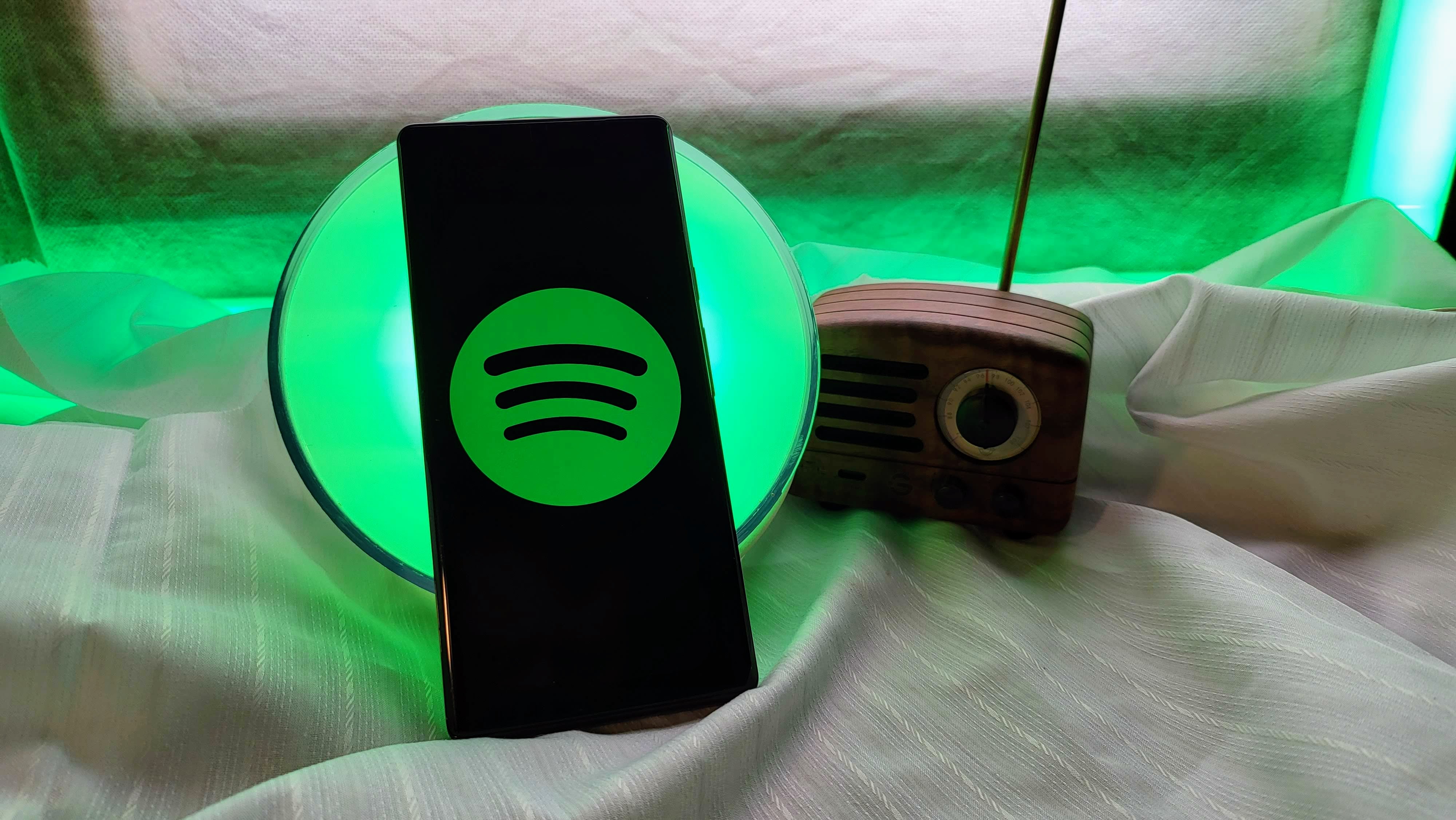
Another area in which YouTube Music excels is its massive library. The best music streaming services offer millions of songs in their catalogs, but none have the added boost of the largest video streaming platform in their pockets. This benefit is one of my favorites and it pairs very well with the feature of uploading personal content to your online library. YouTube Music leverages its video-forward sibling in a few ways.
Be an expert in 5 minutes
Get the latest news from Android Central, your trusted companion in the world of Android
One way is by making a song's video counterpart easily accessible while listening to a song. When playing a song on YouTube Music, if the service can identify the official video for the tune, you can tap the toggle at the top of the page to switch back and forth. Not only does it play the music video, but if you switch to it mid-song, it will play the video from that exact point — and vice versa, going back to the song.
I think that the power of the YouTube video library integration with YouTube Music is something many don't realize.
YouTube's video integration in its musical sibling continues to pay off in other ways too. Aside from jumping to the video while playing the song, you can go directly to the video when searching for a song or exploring an artist's catalog. But, it best complements personal uploads because YouTube can sometimes be the only place an artist will have one-off songs, live performances, or covers available — officially or via fan upload. You can then add those uploads to a YouTube Music playlist just like a regular song. However, if the video gets pulled, it will disappear from your playlist too.
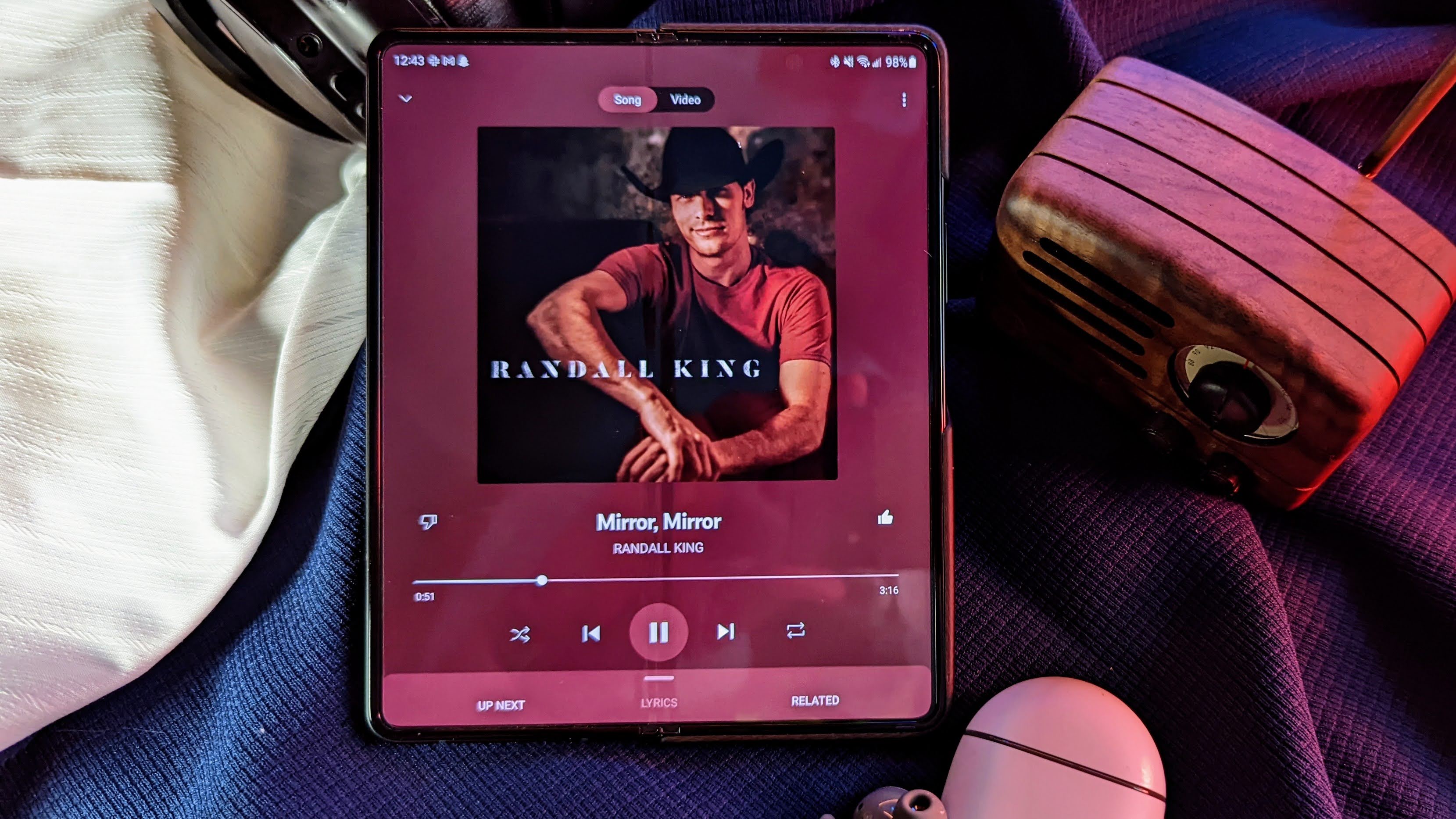
Singh Walia further discussed YouTube Music's library strategy saying, "YouTube has been leveraging regional/local content creators to reach a certain customer base in the form of LIVE streaming, DJ MIX, Music Concert LIVE Performances, etc. In a way, it has become a key to 'Self Brand Promotion' to local, aspiring artists, which helps them to showcase their work and communicate with their audience. Hence giving users more different/local/regional music options."
Obtaining a vast music library is essential to a music streaming service, but finding ways to differentiate that catalog is the real trick.
But not everyone feels that the tight integration between YouTube and YouTube Music is a positive. Anshel Sag, principal analyst at Moor Insights & Strategy, said, "I think it's less popular because Google has tied it too closely with a service most people experience for free, YouTube. Overall, I just think that Google should have kept it a separate product instead of trying to unify YouTube and its music service too closely. It doesn't really offer that much of value over its competitors like Spotify, Tidal, or Apple Music."
The service needs to make some changes to see user growth
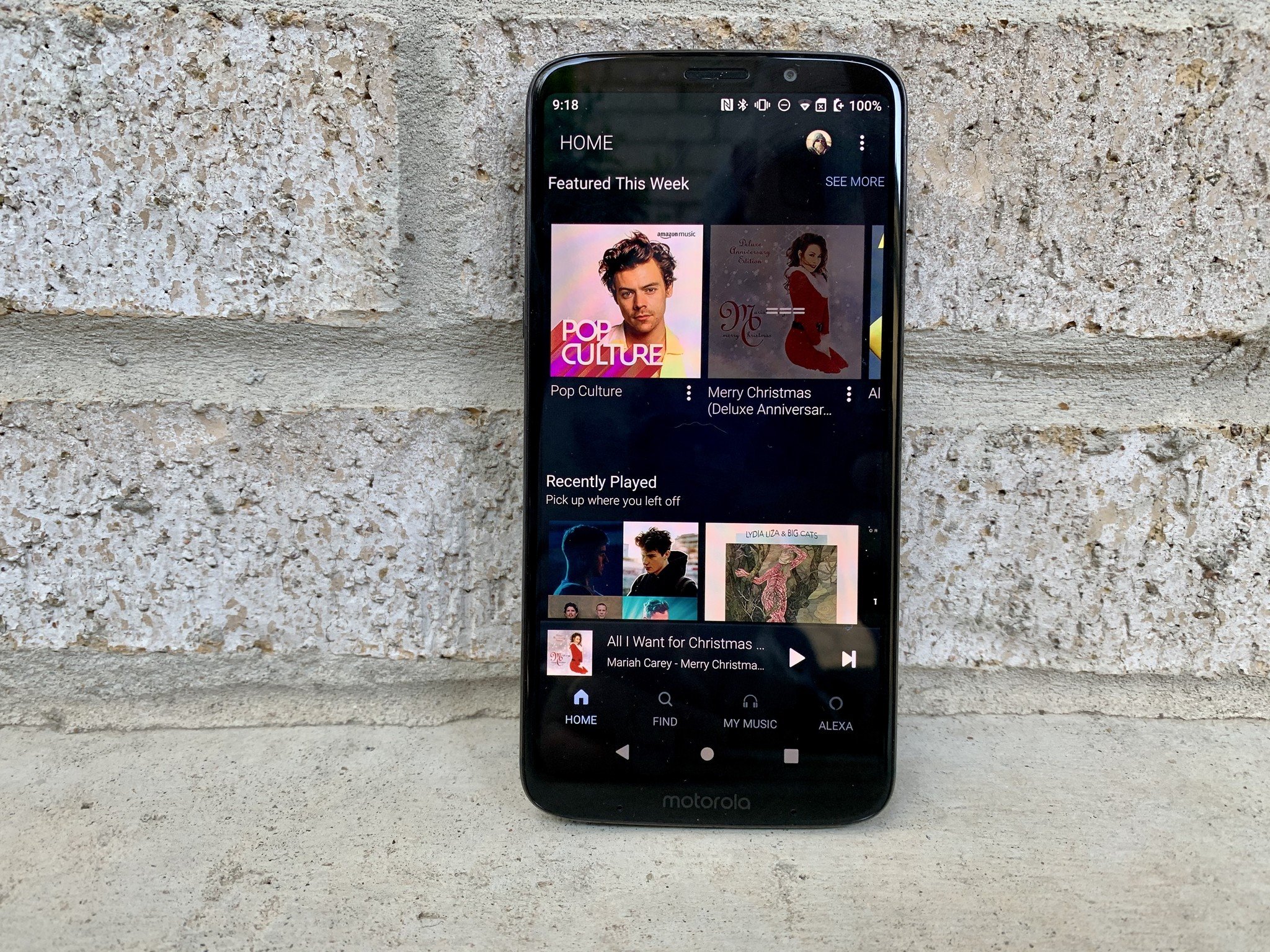
Though YouTube Music definitely offers some features unique to the platform, some modern amenities the service lacks from its competitors may be holding it back. As I mentioned, I love music, and I obviously have my favorites, but I'm always looking to expand that list — YouTube Music struggles in this area in a few ways.
Music is naturally a social thing. Whether in the form of concerts or fan clubs, online communities, or the local coffee shop, music is a gathering place. YouTube Music has zero social aspects to it aside from being able to make a playlist publicly available. Spotify has excellent community and listener playlists, fantastic sharability, and even the ability to like a song one of your friends just listened to.
Music brings people together in many ways, and YouTube Music is failing at it.
Singh Walia says that "YouTube Music doesn't allow the users to check out exactly what their friends are listening to or the popularity of a specific playlist as compared to other streaming platforms." Campaign Creators added that "Spotify has changed the way we socialize with friends, becoming the newest 'social network.' No longer do we have to tell our friends, 'Check out this song I just listened to.' Instead, they can just follow our playlist and listen to that one song. On Facebook, you can like your friends' status updates, but with Spotify, you can like a song your friend was just listening to, or you can listen to it as well — making it as if you are with them enjoying it."
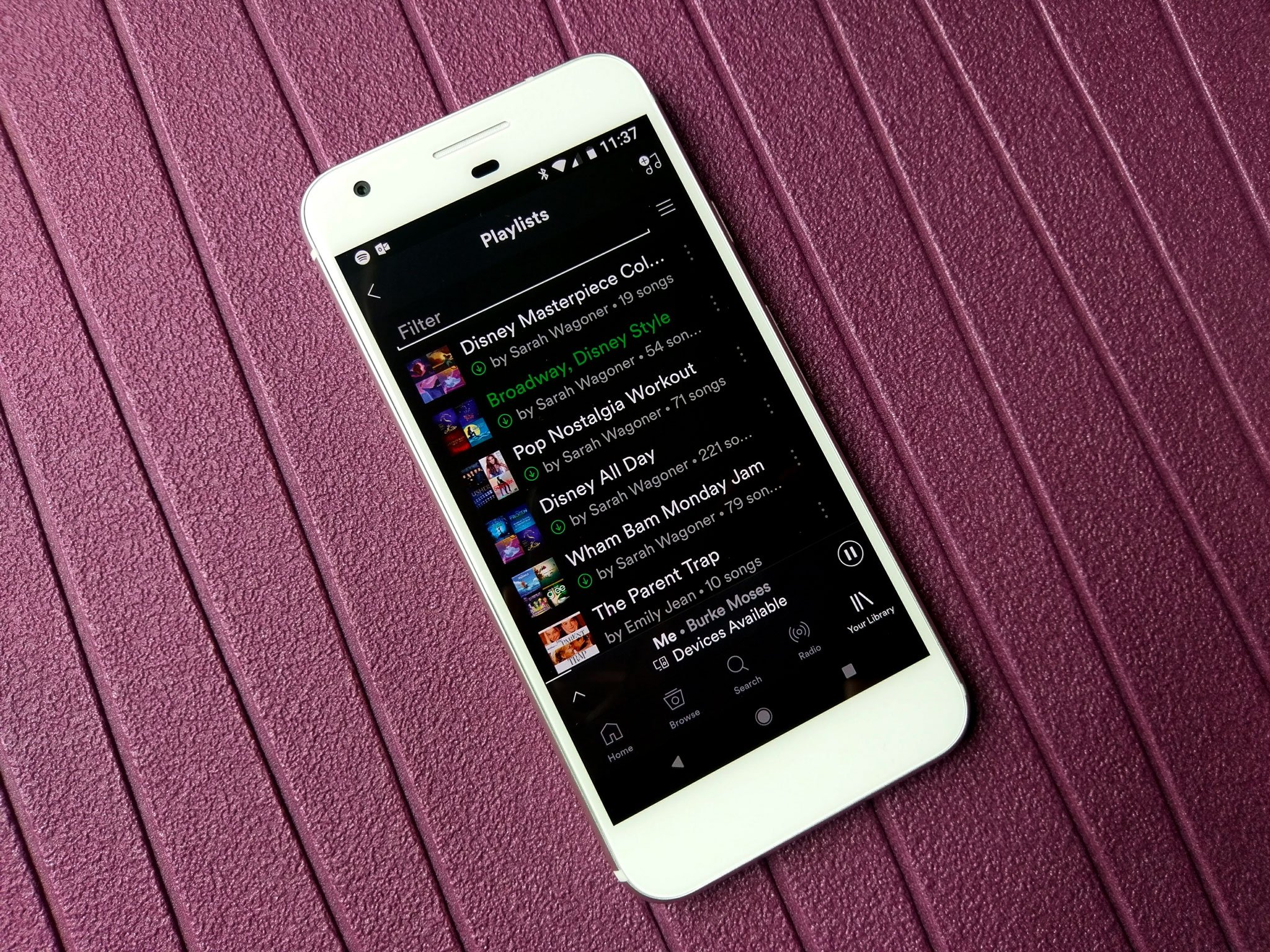
The discovery of new music can be exciting. I love coming across a song or an artist that I hadn't heard before and diving into everything available from them. Learning that a favorite artist is releasing a new song or album can be equally enjoyable. Though YouTube Music does have an Explore tab, a Discovery Mix, and a New Release Mix to help learn about new music, it just feels oddly impersonal.
Google is excellent at learning a user's preferences. This applies across the spectrum of Google products — not just music. But for some reason, I find that YouTube Music struggles to get to know me. Many of the automated lists that try to surface new music to me rarely offer anything I care to listen to. The Explore tab with new releases will have genres of music I've never listened to toward the top and force me to scroll to find artists I care about.
How can a Google-owned music service struggle so hard to know my preferences?
Aside from the social aspect of Spotify, I really enjoy the discovery aspect as well. Spotify is great at showing me new music from artists I already like and similar artists that I haven't listened to in the Release Radar playlist. However, it isn't so good at surfacing albums or clarifying that a song is just a single or part of a new album release.
Singh Walia agrees that "Spotify is much better for music discovery as compared to YouTube Music. The brand seems to have much more playlists for each genre when compared to YouTube Music. There are also more moods and genres available to browse through on Spotify (Daily Mix) compared to YouTube Music."
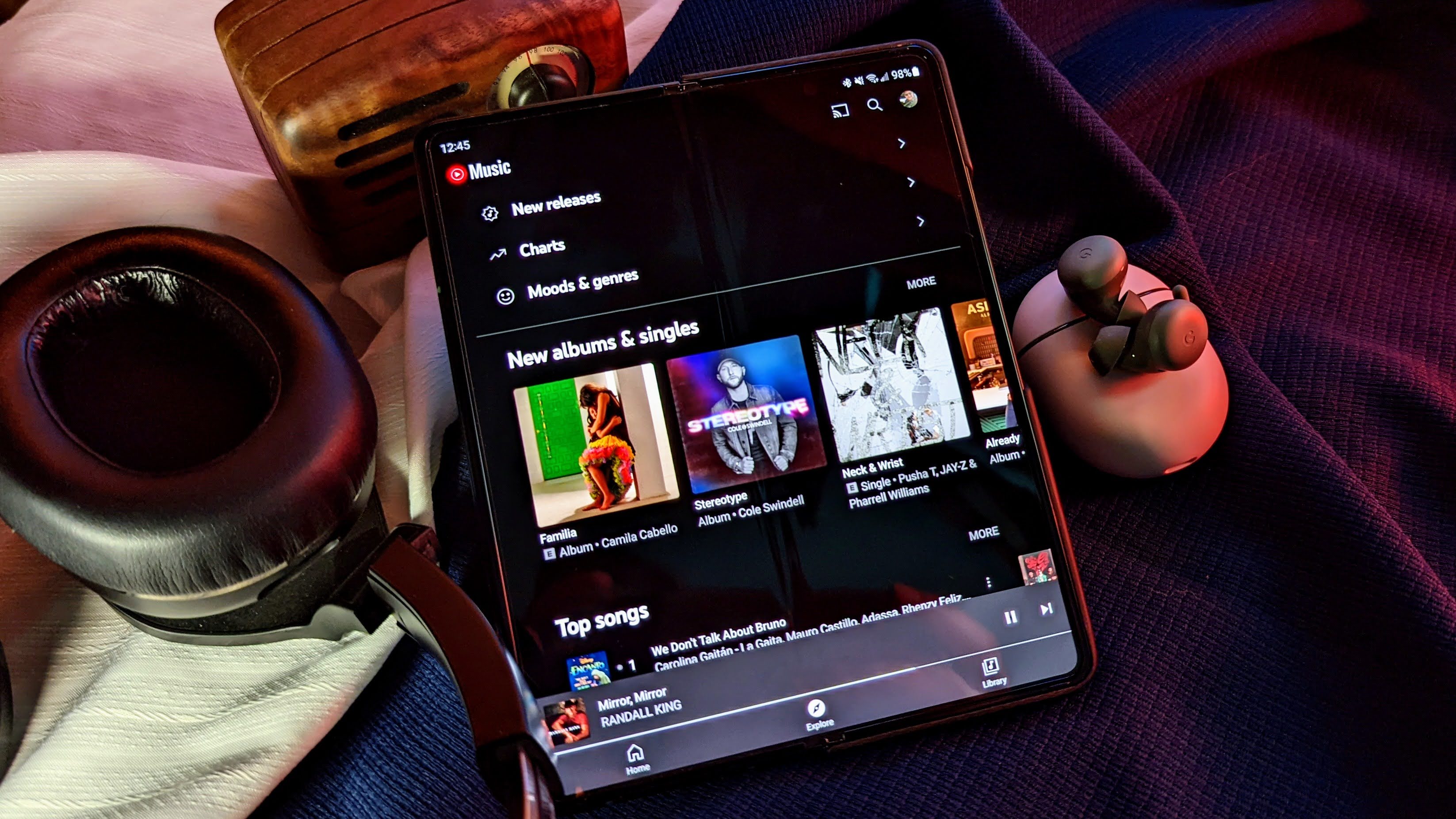
These two areas are where YouTube Music struggles the most — but they don't necessarily create a make-or-break situation. The complete lack of podcasts could be for some, though. While other providers offer them in a single app, Google puts them into a completely separate app: Google Podcasts. While I would like to have both my podcasts and music in one place, it isn't going to drive me to a service to get it.
What has tempted me to jump ship is content exclusivity. Music streaming services, similar to gaming consoles and movies and TV streaming platforms, feature exclusives such as albums, songs, and performances that can only be found on a specific platform. I'm willing to hop on to a movie/TV streaming platform to watch a movie or series because I'm likely only going to watch it once. However, with music, if I really connect with a song or album, I'm going to listen to it constantly, and so it's incredibly frustrating to have to subscribe to a new service to access it. But this is a general point, as not every single song or album is available on YouTube Music, Spotify, Tidal, or any other singular streaming service.
YouTube Music will keep getting better
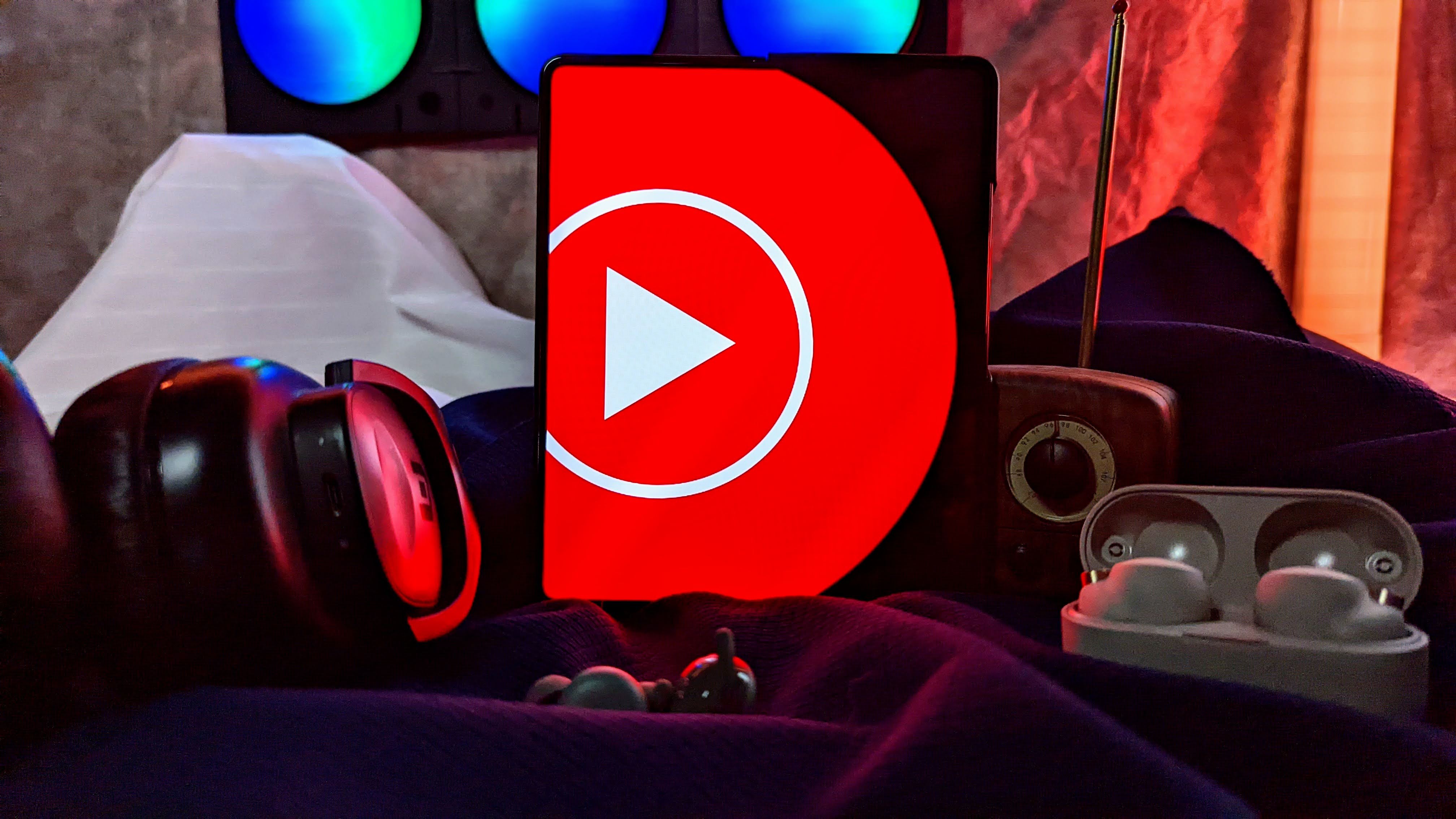
YouTube Music has plenty of room to grow and improve. Though the service lacks in areas that some may feel are too important to overlook, overall, it checks a lot of boxes in the positive column. Spotify and other services have somehow gotten the "popular" or "cool" label. This can sometimes make it tough to stray away from them, especially when social pressures from within the service and outside of it are part of the equation. It makes me wonder: Is Spotify more popular because it's good at maintaining a "cool" status among the general population? Perhaps that's why Google hasn't been able to reach this level and become more widespread.
Either way, while I have my own issues with YouTube Music, I still love the service, and many others do too. Hopefully, it can identify the areas it's lacking in and continue to make the service better. It's only up from here.

